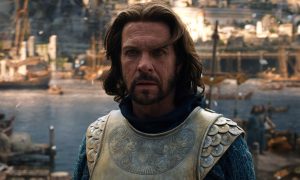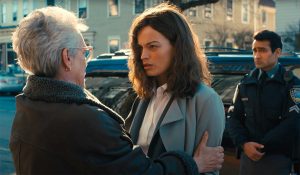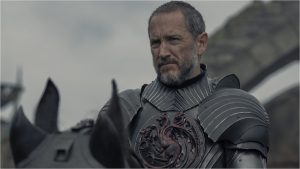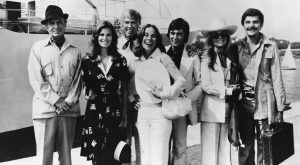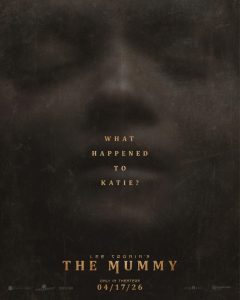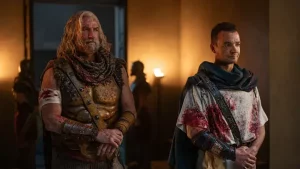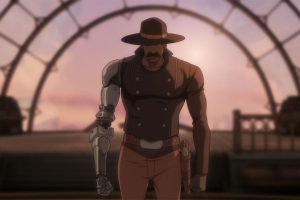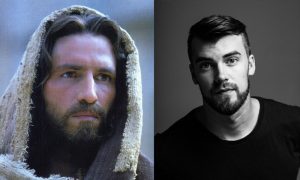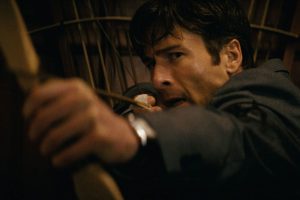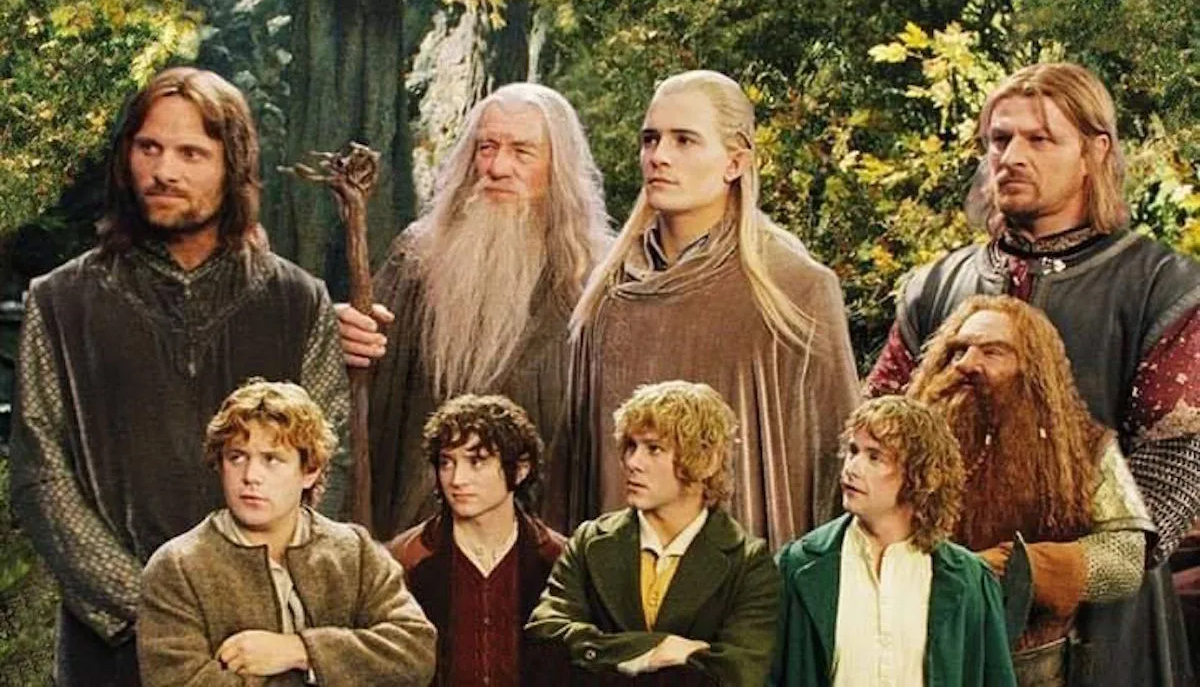
By the time Sam and Frodo finished their 14th and final ending in 2003’s The Lord of the Rings: The Return of the King, the movie business had changed forever. Fantasy films went from the domain of bookish nerds who debated the merits of Tom Bombadil’s dancing to something with mass appeal. The same was true of Harry Potter, back when J.K. Rowling was credited with saving the literacy of Western youth and not persecuting trans folks, and even Shrek, with its winking approach to fairy tales.
The success of these franchises taught Hollywood that fantasy was a profitable genre in which they should invest millions. Sometimes the investment paid off, both in terms of box office receipts and quality. And sometimes it definitely did not. In that context, here are the most notable fantasy efforts likely greenlit to ride Lord of the Rings‘ coattails, ranked from the worst knockoff to the most sublime success which could stand on its own.
10. In the Name of the King: A Dungeon Siege Tale (2007)
Hey, remember Uwe Boll? For those fortunate enough to have never heard that name before, Boll was a German filmmaker who figured out that by exploiting his country’s tax laws he could have a long movie career, despite every one of them bombing with audiences and critics. Boll has more or less left the industry, but he was a big deal in the 2000s, in part because he kept ruining video game adaptations.
In the Name of the King: A Dungeon Siege Tale follows in Boll’s usual style. It’s based on the Dungeon Siege game series, and has a surprisingly solid cast, including Jason Statham, Ron Perlman, and Ray Liotta. But not even the best actor can turn this sloppy nothing of film into something comprehensible, making the whole thing feel like yet another dumb joke on Boll’s part.
9. The Golden Compass (2007)
It’s tempting to call the His Dark Materials trilogy by Philip Pullman the Anti-Chronicles of Narnia. Whereas C.S. Lewis’s books applied fantasy tropes to Christian theology, Pullman uses fantasy to critique religion in general and Christianity in particular. However, that’s far too simplistic, positioning His Dark Materials among noisy new atheists such as Ricky Gervais and Christopher Hitchens. The atheism of His Dark Materials comes from a deep humanism and empathy for its characters, reflected in Pullman’s warm prose.
None of those nuances show up in the cinematic The Golden Compass, an adaptation of Northern Lights, the first book in His Dark Materials. Writer and director Chris Weitz has done solid work in the past and he has a fine cast with Nicole Kidman, Daniel Craig, and Eva Green. But the CG effects and audience expectations overwhelm the production, turning a fantastic tale about a girl and her talking polar bear pal into self-serious drudgery. It’s no wonder that the rest of the planned trilogy never happened, making way for a (slightly) better received HBO series in the post-Game of Thrones era.
8. Eragon (2005)
If you were a homeschooled kid in the 1990s and early 2000s (like this writer!), you couldn’t avoid hearing about Christopher Paolini, another homeschool kid who wrote Eragon when he was just 14. Without question, that’s an achievement, way better than homeschool kids of the era who spent all their time drawing the dumbest Batman comics (like this writer!). But as a novel, Eragon feels more like a collection of well-worn tropes than compelling fiction in its own right.
Yet 20th Century Fox wasn’t looking for originality when they optioned Eragon for a big screen adaptation. They wanted name recognition, hoping to get their own Lord of the Rings or Harry Potter type franchise. However, they didn’t put any sort of talent behind the film, giving visual effects artist Stefen Fangmeier his first shot as director and getting Jurassic Park III screenwriter Peter Buchman to pen the script. Not even a slumming Jeremy Irons, Djimon Hounsou, or Rachel Weisz can make Eragon watchable, and after the book’s fans bought their tickets, no one else showed up.
7. 300 (2006)
It’s really hard to let 300 stand alone as a movie. After all, it was only the second feature of Zack Snyder, one of the more oft-debated directors of the last 20 years. Furthermore, 300 embraced and popularized a style of filmmaking that has dominated blockbuster cinema. 300 doesn’t so much adapt Frank Miller’s graphic novel as it does just throw it up on screen, courtesy of CGI landscapes and lots of speed-ramping in the editing suite.
This isn’t to say that 300 doesn’t provide certain pleasures. Even the most vanilla straight man can appreciate all the oily beefcake onscreen, and Gerard Butler knows exactly what kind of movie he’s in, bellowing his lines to replicate Miller’s bolded lettering. But 300 started the trend of people mistaking CG glop for good cinematography, making it a pox upon the art form.
6. The Chronicles of Narnia (2005 – 2010)
On paper, an adaptation of The Chronicles of Narnia seems like an obvious Lord of the Rings follow-up. After all, LotR creator J.R.R. Tolkien and Narnia author C.S. Lewis were close friends, and both series build off of their Christian beliefs. However, while Tolkein was a philologist first, and wrote his books as a mythology around the Elvish language he invented, Lewis had more interest in fairy tales and theology.
2005’s The Lion, The Witch, and The Wardrobe ignores those distinctions and tries to turn Lewis’ children’s allegory into high-fantasy adventure. Where in the book the Jesus stand-in Aslan defeats the satanic White Witch by sacrificing himself and thus stripping away her power, the movie version climaxes with a big battle, something that Lewis skips over. As a result, the film seems misguided and lackluster, despite a perfectly cast Tilda Swinton as the White Witch and Liam Neeson as the unsafe but good Aslan (plus James McAvoy as ol’ Mr. Tumnus!). The later two entries, Prince Caspian (2008) and The Voyage of the Dawn Treader (2010) work better as traditional adventure stories, but they lack the same level of talent as the first, uneven entry.
5. Underworld: Rise of the Lycans (2009)
Make no mistake, Underworld: Rise of the Lycans is corny and ugly. Before (and after) making his directorial debut with Rise of the Lycans, Patrick Tatopoulos was a production designer who works with Zack Snyder, Roland Emmerich, Len Wiseman, and Paul W.S. Anderson. Sitting in the director’s chair let Tatopoulos fully realize his own vision… which, it turns out, is all blue and yellow lighting.
And yet, Underworld: Rise of the Lycans gets some great actors having fun with the corny material. The always game Michael Sheen plays Lucian, the first werewolf, who falls in love with the daughter of powerful vampire Viktor (an equally great Bill Nighy). The fallout of the romance leads to the vampire/werewolf war that drives the Underworld series, but that’s as far as the influence goes. The film looks like a Goth tween’s silliest fantasies of what “cool” is come to life, and features two Shakespearean actors treating the material like it’s theater in the round. Underworld: Rise of the Lycans is nothing more than a good, cheesy time, that doesn’t ruin cinema, which earns it a ranking in the top five.
4. Beowulf (2007)
If director Robert Zemeckis had his way, Beowulf would have ruined cinema. Okay, that’s not fair. Zemeckis deserves a lot more good will than the average director, as his movies Back to the Future, Who Framed Roger Rabbit?, and even Forrest Gump proved that he knows how to tell great stories while innovating the technology. But Beowulf comes from a period in which Zemeckis was trying to make motion-capture animation a viable tool for directors, and it is far, far better than his other two shots, The Polar Express and A Christmas Carol.
It’s not just that the fantasy world downplays the uncanny valley effect that plagued Zemeckis’ other two experiments. Beowulf also has a script by Neil Gaiman and Quentin Tarantino’s frequent collaborator, Roger Avary. The duo sneaks some interesting ideas into their take on the Saxon epic poem, including Europe’s change from paganism to Christianity and the cost of aging. Add in a delicious performance from Angelina Jolie as a seductive version of Grendel’s mother, and Beowulf becomes a far more compelling film than it has any right to be.
3. The Brothers Grimm (2005)
People often talk about The Brothers Grimm as if it’s one of Terry Gilliam’s worst movies. But those people a) haven’t seen Gilliam’s hateful mess Jabberwocky, and b) haven’t rewatched The Brothers Grimm recently. Yes, The Brothers Grimm is a would-be mainstream Hollywood blockbuster, through which screenwriter Ehren Kruger tried to turn the famous fairy tale authors into monster-hunting adventurers.
But Gilliam cannot help himself, even when he’s trying to behave and rehabilitate his reputation as a studio gamble, and The Brothers Grimm has a lot of weird character. The film gets a lot of energy from its leads playing against type, with Heath Ledger portraying the thoughtful Jake and Matt Damon as the braggart Will, and from great supporting actors such as Peter Stormare, Monica Bellucci, Lena Headey, and Jonathan Pryce. And while Gilliam does play with way too many CG effects, The Brothers Grimm has much better visuals than most blockbusters of its era.
2. Stardust (2007)
Given the laddie attitude in most of the director’s output, and the recent accusations of the author’s alleged harassment, it’s shocking that the sweet, playful fantasy Stardust came from Matthew Vaughn adapting a Neil Gaiman novel. Stardust sometimes inches toward the postmodern fairy tales that proliferated in the wake of Shrek. But it has a warmth rivaled only by Enchanted, making Stardust something special.
Stardust stars Claire Danes as Yvaine, a fallen star sought by various forces, including the witch Lamia (Michelle Pfeiffer), who needs the star’s power to retain her youth, and the cruel Prince Septimus (Mark Strong), who wants her to help him secure the throne. Yvaine finds an ally in Tristian Thorn (a pre-Daredevil but still charming Charlie Cox) and Captain Shakespeare (Robert De Niro), a pirate who would rather be a stage performer. Stardust is funny and knowing without ever looking down on the material, a rarity among fantasy films in this century.
1. Pirates of the Caribbean (2003 – 2007)
Like 300, it’s hard to look at the first three movies in the Pirates of the Caribbean franchise—Curse of the Black Pearl, Dead Man’s Chest, and At World’s End—as just stand alone films. The franchise ran out of steam midway through the second entry, and yet continued for five films in total. However, there’s no denying that the unexpected success of the first swashbuckling fantasy film offered the best chance to replicate the scale and grandeur of The Lord of the Rings. Hence the far more epic and fantastical first couple of sequels from director Gore Verbinski, which aimed to make this a trilogy.
Take away all of the scandals and annoying affectations, and there’s still a lot to love about Johnny Depp’s Captain Jack Sparrow, a proper scoundrel of a pirate. He’s joined by some solid character actors in Geoffrey Rush and Bill Nighy, who have fun playing mystical villains. More over, there’s the pure sense of scale that director Verbinski brings to the proceedings, a level of (often practical) spectacle rarely seen these days. Even if later entries water down the quality, the first movie and half of the second offer enough solid adventure that they came closest to matching Lord of the Rings‘ sense of adventure and discovery.
The post Ranking the Post-Lord of the Rings Fantasy Movies of the 2000s appeared first on Den of Geek.

